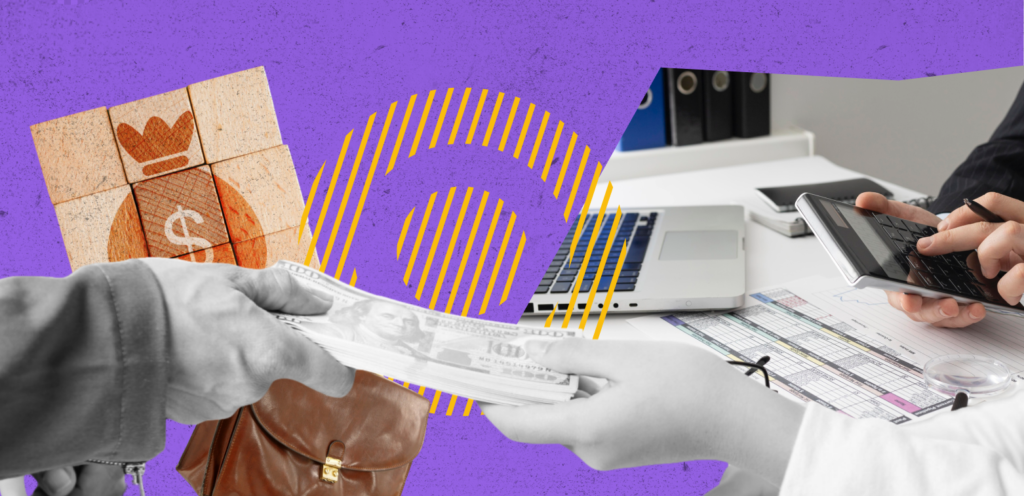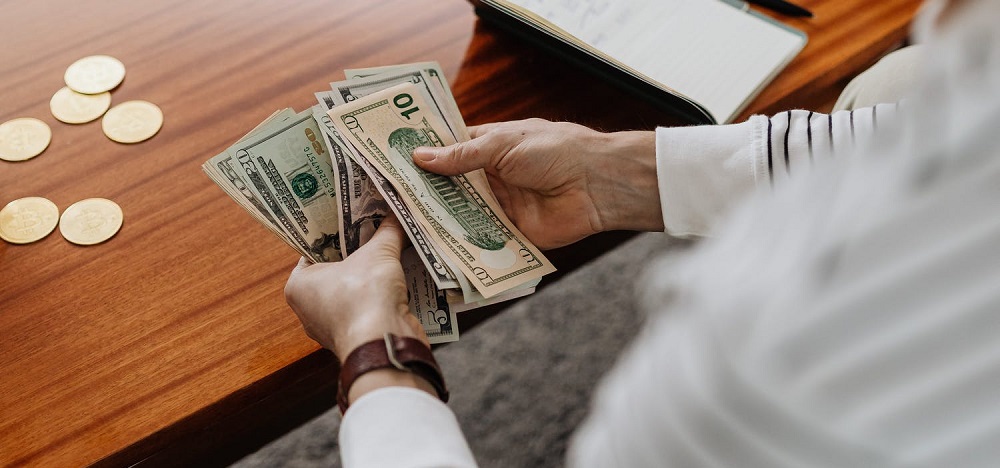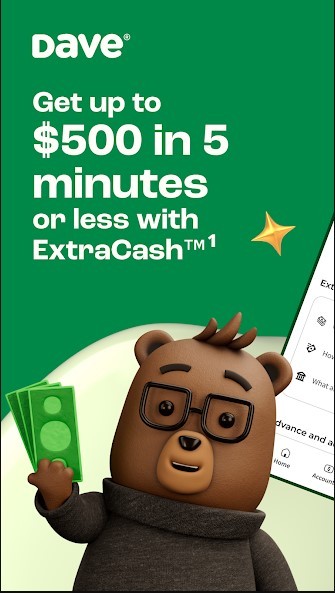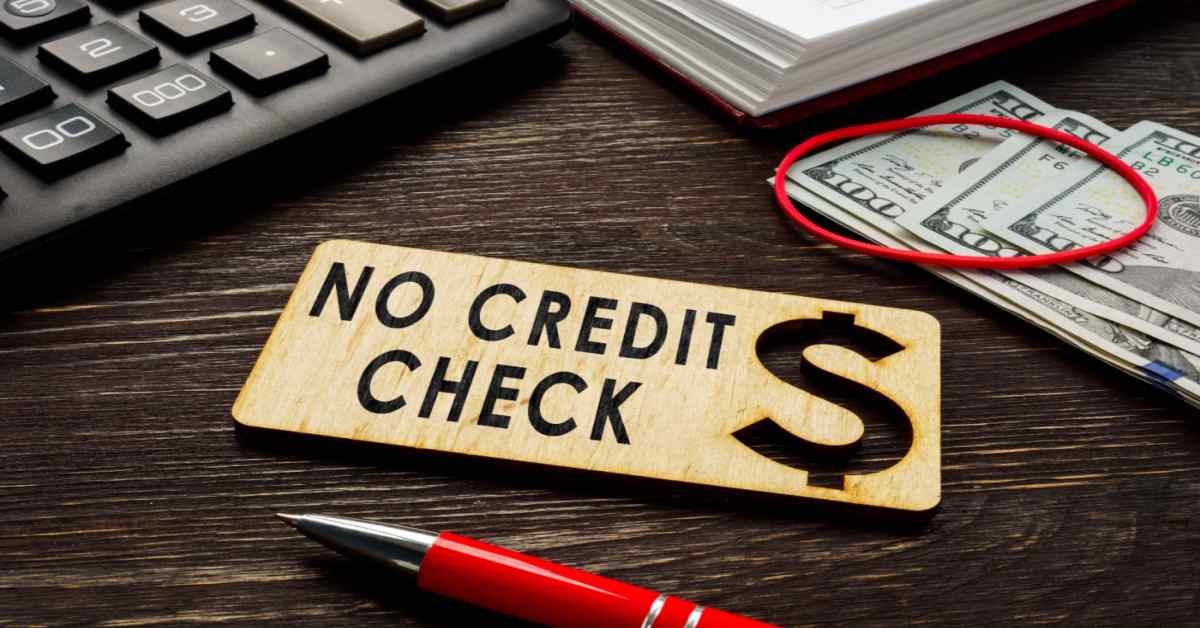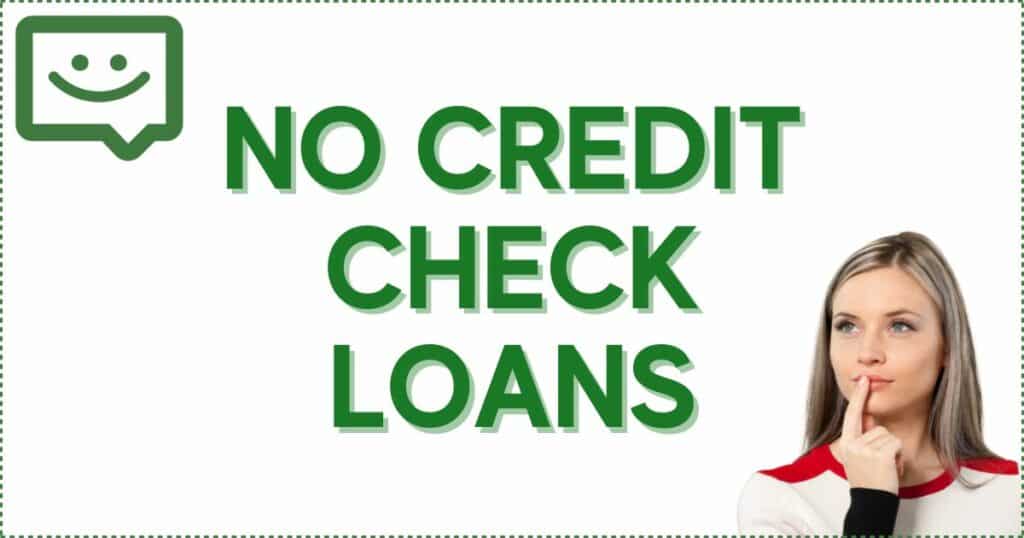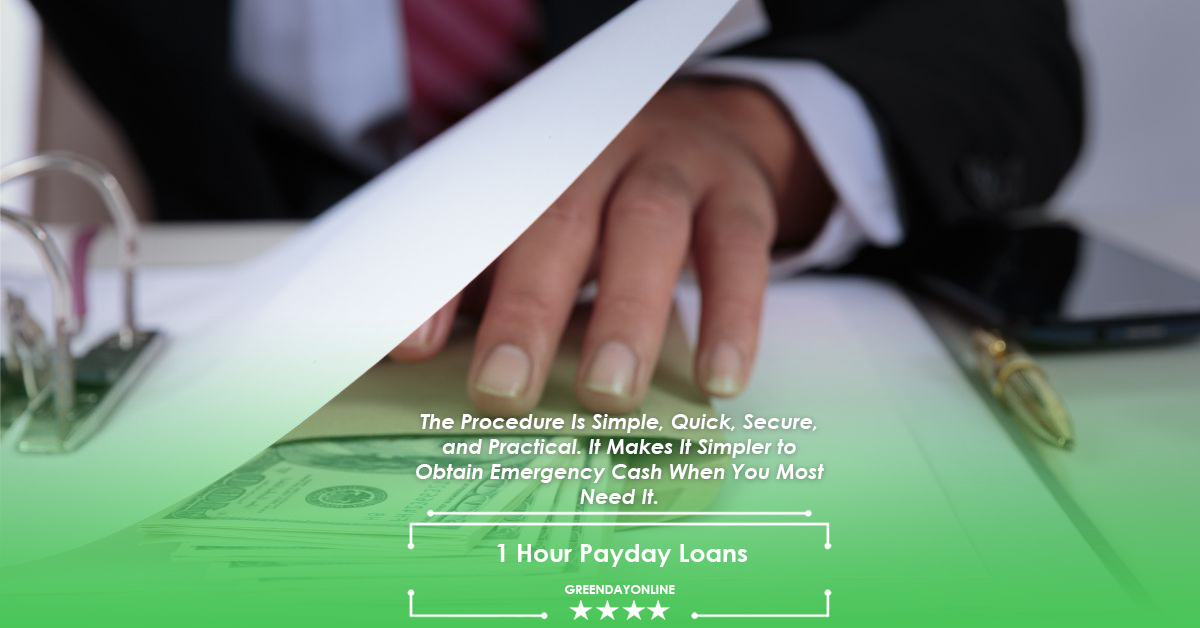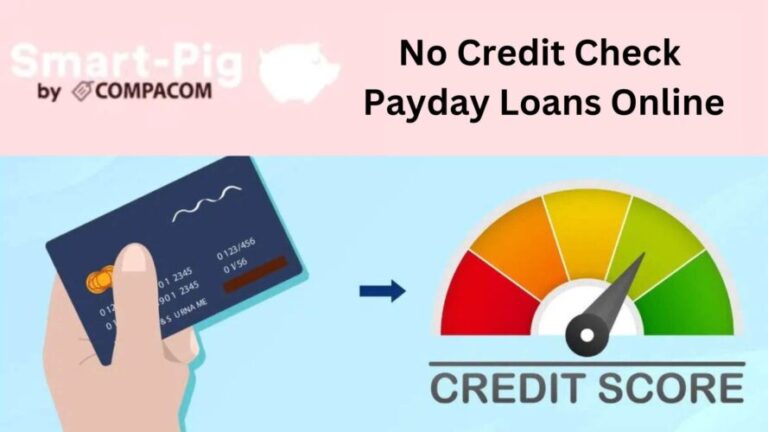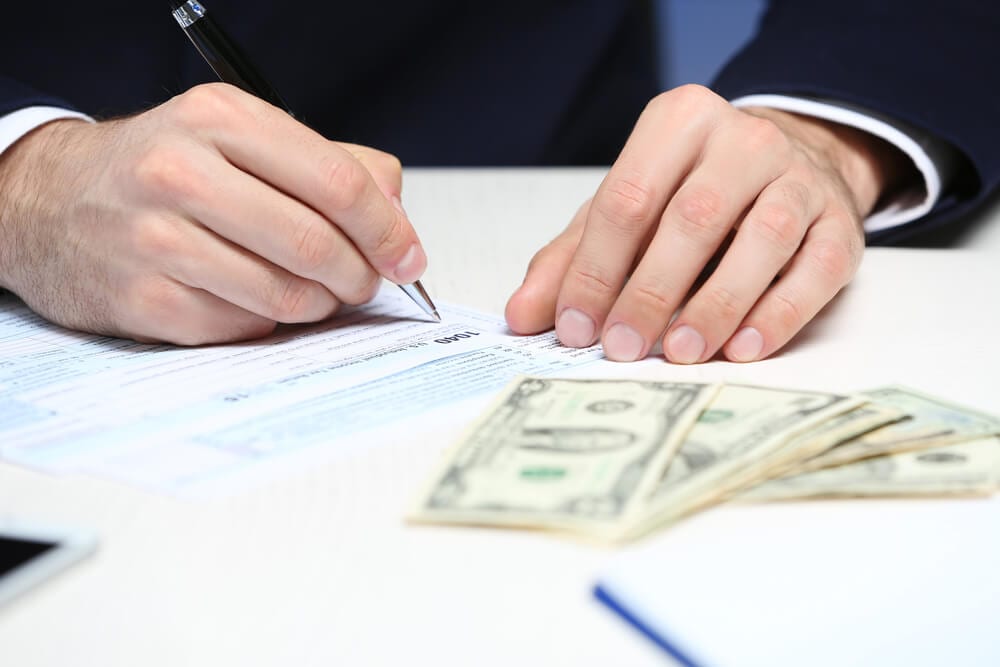300 Dollar Loan No Credit Check

The allure of quick cash, especially for those with limited or damaged credit, is a powerful draw. A growing number of online lenders are now offering "300 dollar loans with no credit check," promising fast access to funds without the traditional hurdles of credit scoring. But what are the implications of these easily accessible loans, and who are the target audiences?
These loans, often marketed as a solution for emergency expenses, operate outside the conventional lending framework. They bypass the standard credit reporting agencies like Equifax, Experian, and TransUnion. Understanding the risks and benefits associated with these financial products is crucial for potential borrowers.
The Appeal and the Reality
The primary appeal of a $300 no credit check loan lies in its accessibility. Individuals with poor or nonexistent credit histories, often excluded from traditional bank loans or credit cards, find these offerings attractive. The promise of quick approval and funding, sometimes within the same day, adds to the allure.
These loans typically operate as short-term, high-interest loans, such as payday loans or installment loans. Payday loans require repayment within a short period, often by the borrower's next payday. Installment loans are repaid over a series of scheduled payments.
However, the convenience comes at a steep price. Interest rates on these loans can be exorbitant, often exceeding 300% APR (Annual Percentage Rate). This contrasts sharply with the interest rates offered by traditional lenders, which are typically based on a borrower's creditworthiness.
The Target Audience
These loans predominantly target individuals with low incomes or those facing unexpected financial emergencies. They include those struggling to cover essential expenses such as rent, utilities, or medical bills. The lack of credit check makes them attractive to those who have been denied credit elsewhere.
Many borrowers are unaware of the long-term financial consequences associated with these loans. The high interest rates and short repayment terms can easily trap individuals in a cycle of debt. This cycle occurs when borrowers are forced to take out new loans to repay existing ones.
Alternatives and Considerations
Before resorting to a $300 no credit check loan, consumers should explore alternative options. These options may include borrowing from family or friends. Credit counseling, or seeking assistance from local charities, can also provide help.
Credit unions, often more willing to work with individuals with less-than-perfect credit, can be a viable alternative. They typically offer lower interest rates and more flexible repayment terms. Exploring government assistance programs can also provide a safety net.
It is crucial to carefully examine the terms and conditions of any loan agreement. Pay close attention to the interest rate, fees, and repayment schedule. Understanding the penalties for late payments or default is also essential.
The Role of Regulation
The regulation of short-term, high-interest loans varies widely across states. Some states have implemented stricter regulations to protect consumers from predatory lending practices. Other states have less stringent oversight, leaving borrowers vulnerable to exploitation.
Advocates for consumer protection argue for stronger federal regulations on payday and installment loans. These regulations aim to cap interest rates, require lenders to assess borrowers' ability to repay, and prevent repeated rollovers of loans. The Consumer Financial Protection Bureau (CFPB) plays a key role in overseeing the financial industry.
Despite regulatory efforts, the online lending landscape remains largely unregulated. This creates opportunities for unscrupulous lenders to operate across state lines. It is important to be vigilant and research lenders thoroughly before taking out a loan.
A Case Study: Sarah's Story
Consider the case of Sarah, a single mother who needed $300 to repair her car. Without transportation, she risked losing her job. Unable to secure a traditional loan due to her low credit score, she turned to a payday lender.
The initial loan seemed like a lifesaver. However, the high interest rate and short repayment term quickly became overwhelming. Within months, Sarah found herself trapped in a cycle of debt, taking out new loans to cover the cost of the old ones.
Sarah's experience highlights the potential dangers of relying on no credit check loans. While these loans may provide immediate relief, they can have devastating long-term financial consequences. This underlines the need for increased financial literacy and responsible lending practices.
The CFPB emphasizes the importance of understanding the true cost of borrowing. Consumers are advised to compare offers from multiple lenders and read the fine print before signing any loan agreement.
The rise of $300 no credit check loans reflects a growing demand for accessible credit. While these loans can provide a temporary solution for some, the high costs and potential for debt traps necessitate caution. Understanding the risks, exploring alternatives, and advocating for stronger consumer protections are essential to mitigating the negative consequences of these financial products.
